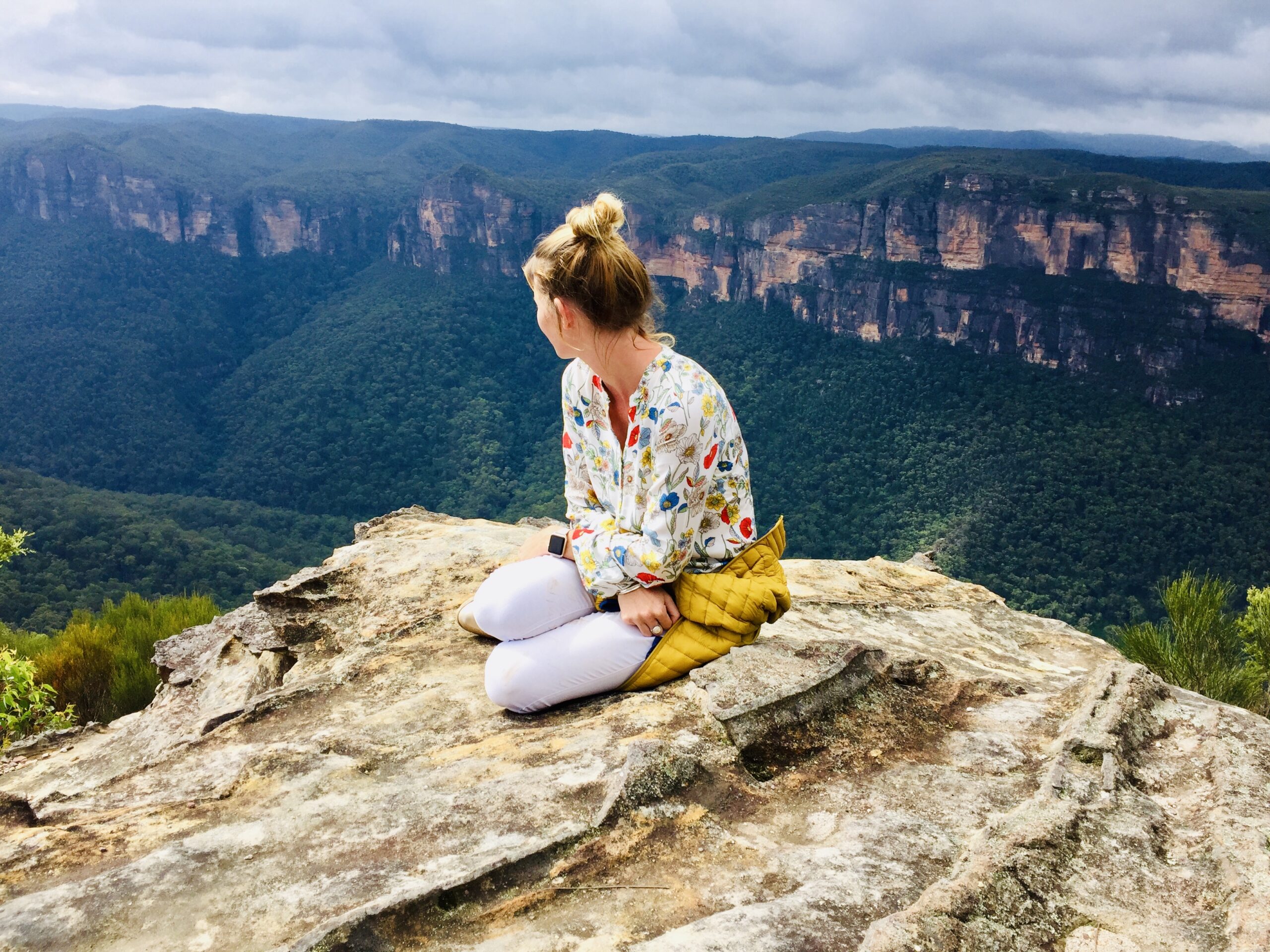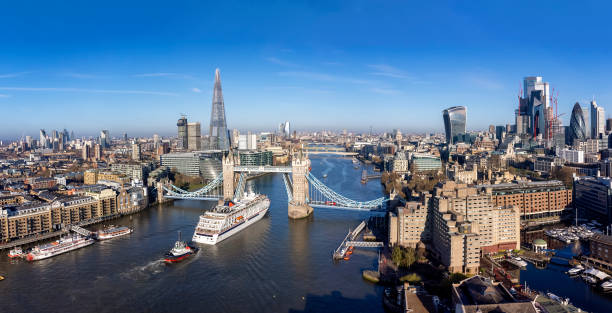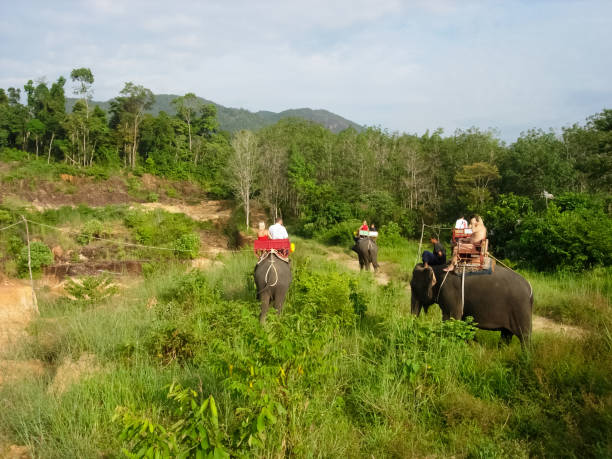OUR 15 BEST TRAVEL TIPS FROM 15 YEARS ON THE ROAD
These are our top travel tips.
1.Slow Travel
Anyone who asks us our top travel tip for the year is welcome to slow down.
It’s common to squeeze in many incredible activities and destinations when traveling. You have precious time. Traveling slowly can bring you more experiences and memories.
Traveling can be exhausting if you’re not staying at an all-inclusive resort. You are immersed in new sights, smells, and tastes everywhere you travel.
If you’re anything like us, you’ll be walking all day, exploring museums, climbing views, and weaving through narrow alleyways right as soon as your hotel is gone. Although you’re not on vacation or taking a break, you’re not going anywhere.
It is important to remember that you will embark on a long-term trip, and you need to consider where you are going, what visas you require, how you manage your finances, and how you plan to get there.
2.Think outside the box.
The cost of your trip’s most expensive segment can vary depending on where you are going. If you’re traveling to an unfamiliar area, the cost of your flight might be prohibitive.
When searching for airfares, we try to think outside of the box.
You should try different websites to find the best deals. You can also save money on your flights using Wego or just do an online search.
You should consider going to Sydney/Kuala Lumpur/Bangkok instead of flying to ‘Sydney London’. This will allow you to see if other airlines have any specials.
Multi-trip tickets may be available if you stop for a while. We could get 3-day passes in New York City for the same price as transiting through.
3.Learn some local languages.
Have you ever had someone approach your home and ask questions in a language you don’t know? If you live in the United States or Australia, you will unlikely experience such an encounter.
It’s impossible. It might even be unacceptable in some cases.
There is a double standard when speaking local languages, depending on whether you are on vacation or at home. It is almost impossible to learn the whole language of a country you have only visited for a few weeks.
This helps make positive interactions between tourists and locals easier. These apps are only sometimes easy to use. Ask locals to help you find out more about the country. Then, write down your keywords in an organized notebook. This notebook should be kept with you at all time.
4.Buy Travel Insurance
If you have enough money, travel insurance will be affordable. This has been said thousands of times. It is true.
Many people refuse to buy travel insurance because they believe it’s a waste of money or don’t have any value.
As we have seen from our experience, all this information is irrelevant. Alesha was experiencing severe stomach pains, so she visited a Thai hospital. We were given a USD$1000 bill after only a few hours.
While rock climbing in Canada, our former roommate fell. He broke his leg while climbing in Canada and was admitted to hospital with a blood infection. After six weeks in hospital, his bill came to $150’000.
Accidents can happen even if you don’t plan to do extreme sports or get sick.
5.Ask for prices before you agree to any contract.
Only book a tour or take a taxi if you know the cost.
In many countries, untrustworthy locals may view tourists (especially taxi drivers) as walking money bags. They may believe they can charge more if they don’t know the value of something.
You’ve already received your product/service, so you don’t have to argue for a lower cost even if they try to scam you.
Our top tip for traveling is to negotiate and agree on a price before you travel. Ensure all details are agreed upon (one-way, both directions, total span).
Before you jump in with a taxi driver, agree on a price.
6.Get a VPN
If your internet browsing is like ours, you need to know how to protect sensitive information while surfing the web.
Hackers are getting smarter and more sophisticated. Hackers might monitor the web traffic of unprotected networks. Your accounts can be compromised if they find your bank login and credit card details.
VPNs are used to protect sensitive information such as money and banking details.
You can also block certain countries access to social media platforms and sites. These restrictions can be bypassed by using a VPN.
It is also very useful if you use a site with geo-restricted prices or different prices for customers from other countries.
Websites have charged us up to 25% more because we tried to purchase it in Australia. If you move to the USA, the same item can be purchased for less.
Express VPN has been working flawlessly since 2014. To receive your 30-day free trial, click this link
7..Get a credit/debit card with zero international transaction fees
Did you know banks charge fees for international ATM use and foreign currency purchases?
This includes $5 for international use and 3% for currency conversions. It may seem like little but can quickly add up if your vacation is long or you make frequent foreign currency purchases.
We have several credit and debit cards with zero international transaction fees to keep our costs down. Because banks don’t want to make more.
You will need to find out which banks sell these products in each country. However, we found some great ones in Australia.
Bankwest offers a Platinum Mastercard with 0 annual and no foreign transaction fees.
CitiBank provides a debit card allowing you to withdraw money from ATMs overseas without fees. You will need to pay an ATM fee in your area.
ANZ offers a Visa Credit Card with a ‘Travel Reward card. You can earn frequent flyer miles, and there are no fees for international credit transactions.
8.Refrain from exchanging money with your home country.
We get a lot of questions from readers, friends, family about money. How to make sure you have enough cash to travel. The same message repeatedly continues: Send your money to the country.
Airports and banks offer horrible exchange rates for international money. You will lose a lot of currency conversions if you give them your business.
Before withdrawing money from an ATM, we recommend you wait until you are in the country. Do you remember the amazing debit card with no international transaction fees? It will do amazing things.
It is almost always better to withdraw money from an ATM than exchange money at the bank or airport.
ATMs are available at all airports if you need local money to land. They may charge higher ATM fees than other ATMs, but they will generally give you the current currency exchange rate.
9.Make multiple copies of important documents.
In some countries, you’d be surprised how many places ask for a photocopy or even your marriage certificate.
Keeping a few photocopies of important documents in your bag is a good idea.
You can also save photos wherever you are. You can email them, upload them to Google Drive or Dropbox, and save them in a folder on your phone.
It’s a great travel tip to have multiple copies of important documents.
10.ABC – Always be Charging
This is particularly important for people who use their smartphones, cameras, and laptops daily. Charge them!
Nothing is more frustrating than going on a full day of exploration only to discover that your phone/camera stopped working.
It is impossible to know when your electronics will be charged. If you have a spare powerpoint or extra time, ensure that you have all your electronics charged.
Another great accessory you should have is a USB battery pack. You can charge small items all day long without finding an outlet.
11.Wash your clothes yourself to save time.
It is not a good idea for backpackers to travel in a stinky state. It is important to take a shower every day and wear clean clothes.
Traveling can be difficult because you don’t have the time and ability to find a laundry facility to wash your clothes. It can be costly to have your hotel do it. It is best to do your laundry on your own.
For years, we have washed our clothes by hand (in the sink or a bath), then hung them in our bedroom using a pegless clothesline.
It is the reason we do it. It’s a cost-saving move. Some hotels and hostels offer laundry services at very affordable prices, while others provide machines for guests, which they can use, but they charge exorbitant rates.
It ensures that no clothing is lost. It is hard to count the number of times we have found socks, underwear, or t-shirts in our laundry.
Third, time. Third, time. Third, time. We can wash our clothes at night before bed and hang them up in the morning
12.Get Quick-Dry Clothes
This is a continuation of the laundry tip. When you travel, always pack dry clothes. This is a simple principle.
Clothing that dries quickly is called quick-dry. This is great for those who need to dry clothes quickly or are involved in outdoor activities that can make you sweat (or get caught in a torrent span>).
It will dry entirely if you dry it in the sun or wind for at least one hour. To dry it, you can put on a damp top.
Kathmandu Our favorite brand for quick-drying clothing is
13.Pack Ear Plugs
Even if you are the most tired person in the world, having earplugs in your luggage could make your trip more pleasant and less expensive. You should bring an item for vacation.
You never know who you’ll run into, whether it be loud music on an overnight bus or heavy snoring in a tent next to you.
It doesn’t matter what equipment you have. The same foam earplugs you purchase from a hardware shop can be used.
14.Always carry a water bottle.
It is important to take care of the planet using a reusable aluminum water container.
Don’t carry around plastic bottles for water when you go out.
Tap water can be purchased in North America, Europe, Australia, and New Zealand.
If you’re lucky enough to visit one of these countries, you don’t need to purchase bottled water.
We recommend buying the largest water bottle you can afford if you’re going to be somewhere without tap water. You can refill it before you leave for the day. This will reduce your plastic consumption.
15.Get a SIM card from a local SIM provider for your phone.
In this digital age, accessing the internet while you travel is vital. You should have constant access to your phone data for many reasons, including last-minute booking accommodation, checking Google Maps, and sharing your best travel photos via social media.
Your mobile plan may not allow international roaming at no extra cost. You could face outrageous fees if you try to use your phone in another country.
Even if you have international roaming with your provider for $5-10 per day, it can quickly add up.
Personal data is stored on a prepaid SIM card, allowing us to travel in any country for up to a week. This is a fantastic deal, and you may be surprised at a price!




Post Comment